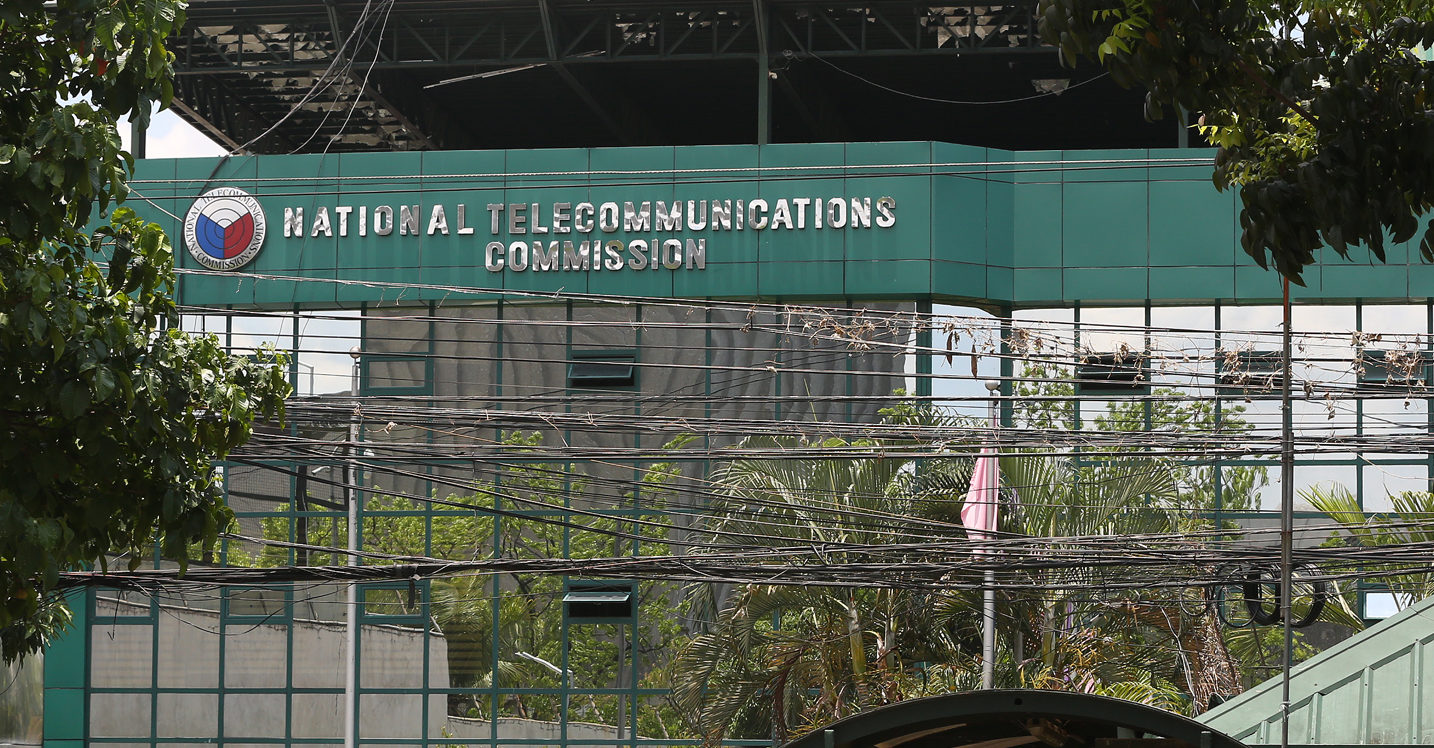Shady telcos may try to exploit ‘Konektadong Pinoy,’ says NTC
MANILA, Philippines — The National Telecommunications Commission (NTC) urged lawmakers to revisit the Konektadong Pinoy bill and put strict regulations to fend off “unscrupulous” telecommunications players.
NTC Commissioner Ella Lopez, in an event in Taguig on Monday, said the proposed Open Access in Data Transmission Act would help boost internet access across the country. But a strong regulatory measure must be in place in order to realize this goal, she added.
Under the bill, data transmission providers are exempted from securing a congressional franchise. Removing this requirement will allow more players to construct telco infrastructure across the country, especially those in remote areas.
“Mere registration and certification could lead to unscrupulous industry players entering the market and flooding it, requiring strict enforcement and regulation,” Lopez said.
Call for strict assessment
READ: Marcos certifies Konektadong Pinoy Act as urgent
The NTC official said applicants must undergo an assessment to ensure their economic and technical capacity in delivering quality services.
“This process ensures that the providers can deliver quality services to the public, comply with all existing laws and regulations, and prioritize consumer welfare and public security,” Lopez said.
“The NTC’s proposed authorization process is designed to be expedient and time-efficient, matching the benefits of registration or certification without compromising these essential considerations,” she added.
READ: Debate on ‘Konektadong Pinoy’ bill heats up as legislation nears
Franchise requirement
The Philippine Chamber of Telecommunications Operators (PCTO), whose members include telco giants Globe Telecom Inc. and PLDT Inc., said eliminating the franchise requirement “weakens the oversight of the government on critical information infrastructure.”
“A shell company that may be state-sponsored can build international gateway facilities and cable landing stations in the Philippines or operate satellite services, and all they are required to do is register with the NTC,” PCTO said in a statement on Monday.
The group said NTC should have the authority to examine the new entrants, which will also need to comply with cybersecurity and data privacy policies.
Dismantling barriers
Meanwhile, the Philippine Cable and Telecommunications Association (PCTA)—an industry group comprising cable TV and internet service providers—said the bill would even the playing field for small players.
“Removing barriers such as the legislative franchise is a huge first step, Konektadong Pinoy subjects internet service providers to a simplified licensing process that enables small operators, especially those in the countryside, to build necessary infrastructure to deliver the service,” PCTA president Jon Arayata said in a statement.
The industry group, citing a World Bank data, noted only 33 percent of Filipino households have internet access, lagging behind its neighbor Vietnam, which has 76-percent penetration.
PCTA said it was hoping the proposed measure would be enacted into law soon.
The Konektadong Pinoy bill was passed by the Senate on third and final reading in February. The bill will undergo review by the bicameral conference committee in June. INQ

